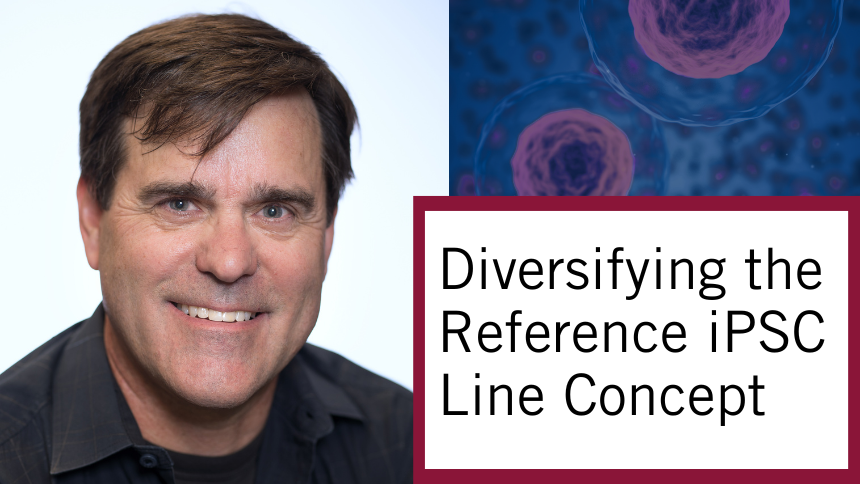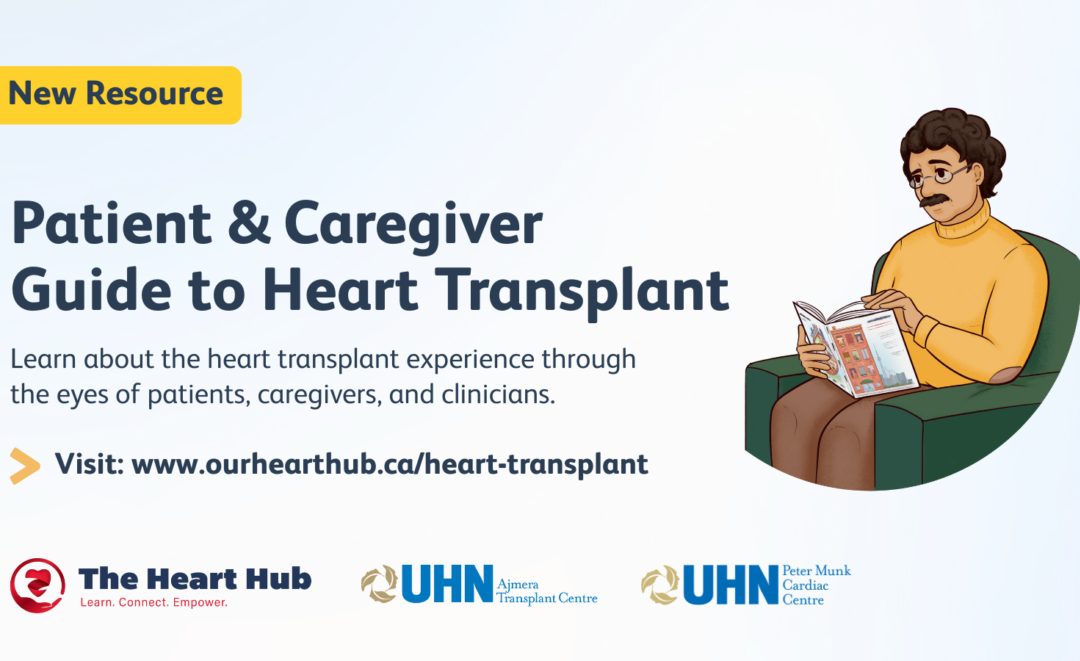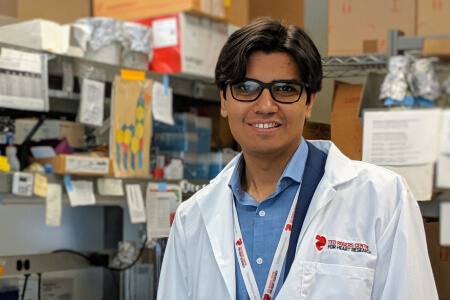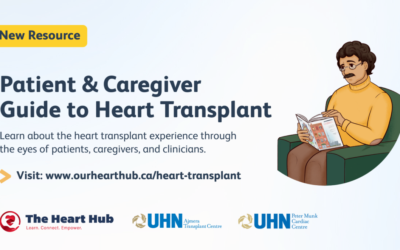“We are bringing the future of medicine to the patient’s bedside. Targeting health care to the unique genetic make-up of the child will make treatments safer, more effective and precise,” says Dr. Seema Mital, co-scientific lead at the Ted Rogers Centre for Heart Research and head of cardiovascular research at The Hospital for Sick Children (SickKids).
Dr. Mital is operating the first cardiac precision medicine program in Canada that focuses on deciphering the genetic code of pediatric heart disease. Knowledge here will help develop targeted therapies that prevent heart failure in the future.
“While surgery is the cornerstone of treatment for congenital heart disease, we need to find ways to either prevent or treat heart failure in children that are more effective than the current ‘one size fits all’ approach,” says Dr. Mital.
Since the TRCHR was established in late 2014, her team in Precision Medicine has been analyzing the genes that predispose patients to right ventricle failure in children with Tetralogy of Fallot, and cardiomyopathy.
While Tetralogy of Fallot can be treated early surgically, these children live with leaky valves that eventually cause their heart to fail. SickKids researchers are exploring the genes that predispose infants to right ventricle failure, in hopes of developing new drugs to treat the condition before it becomes irreversible.
Significant developments have been made in genetically diagnosing cardiomyopathy, although the manner in which gene defects influence patient outcomes is still unknown. In order to find new therapies, Mital is working to generate heart cells from the skin or blood of patients with heart disease. These cells are used to screen drugs before they are tested with patients.
Precision medicine is beginning to change the way we treat patients. Treatment that is directed towards the underlying cause of disease rather than just the symptoms of disease will lead to more timely and effective cures.
“The Ted Rogers Centre for Heart Research is facilitating newer, faster and better ways of reaching our goals by catalyzing opportunities and galvanizing researchers to work together to try and find cures for heart failure,” says Dr. Mital.
















